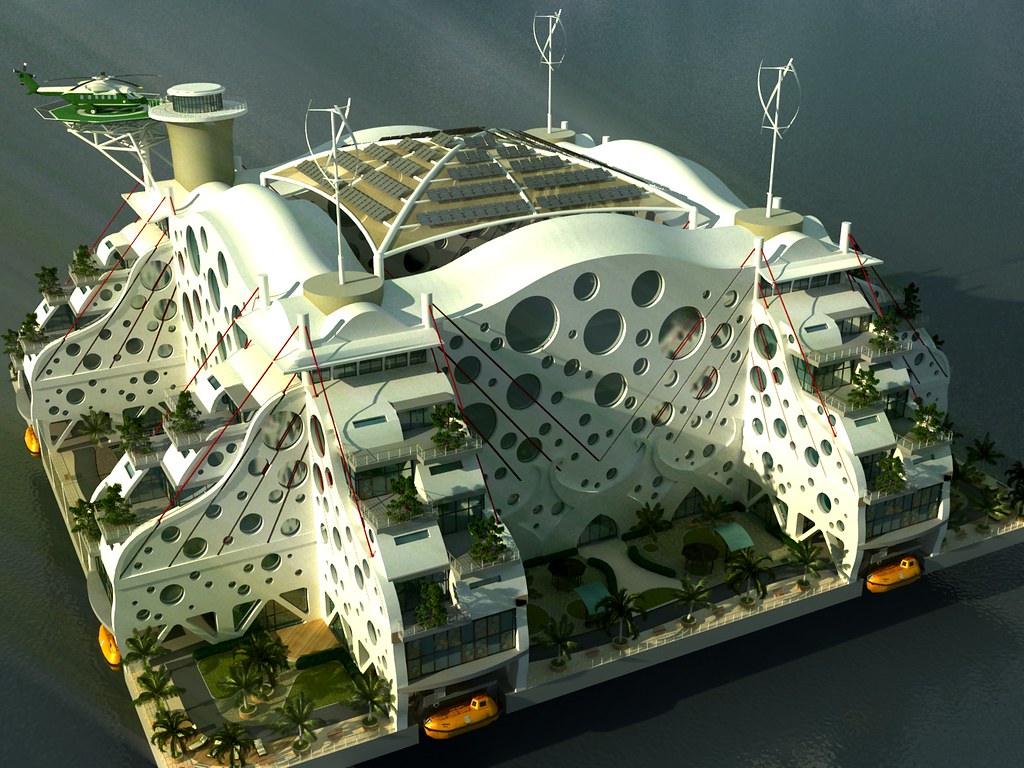fireinthedust
Explorer
I'm writing a story, and thinking about a 1960s attempt at making a perfect city. What if the Epcot city had been built? What if futurists designed a city?
Are there any examples of actual futurists describing what a city built from scratch for human potential and no other purpose would look like?
Like, if a city was built by people who were thinking about what people need to be healthy, happy and productive.
I have some ideas, but I want to bounce the idea off you folks and see if I've left out anything.
So far I've got science museums, wide boulevards, lots of trees, and it's next ot an ocean. However, after I wrote that I realized those are economic factors: wouldn't they just have a large series of bio domes instead? Would biodomes be next to an ocean?
I want it to be a superhero city, but the issue is that if I could design a city like that, it'd be... well, different than New York, so it might not make sense for comics. I dunno.
Should I even define the city other than vaguely, before I create the scenes that make up the story, and so pigeonhole myself before I even begin?
Are there any examples of actual futurists describing what a city built from scratch for human potential and no other purpose would look like?
Like, if a city was built by people who were thinking about what people need to be healthy, happy and productive.
I have some ideas, but I want to bounce the idea off you folks and see if I've left out anything.
So far I've got science museums, wide boulevards, lots of trees, and it's next ot an ocean. However, after I wrote that I realized those are economic factors: wouldn't they just have a large series of bio domes instead? Would biodomes be next to an ocean?
I want it to be a superhero city, but the issue is that if I could design a city like that, it'd be... well, different than New York, so it might not make sense for comics. I dunno.
Should I even define the city other than vaguely, before I create the scenes that make up the story, and so pigeonhole myself before I even begin?



